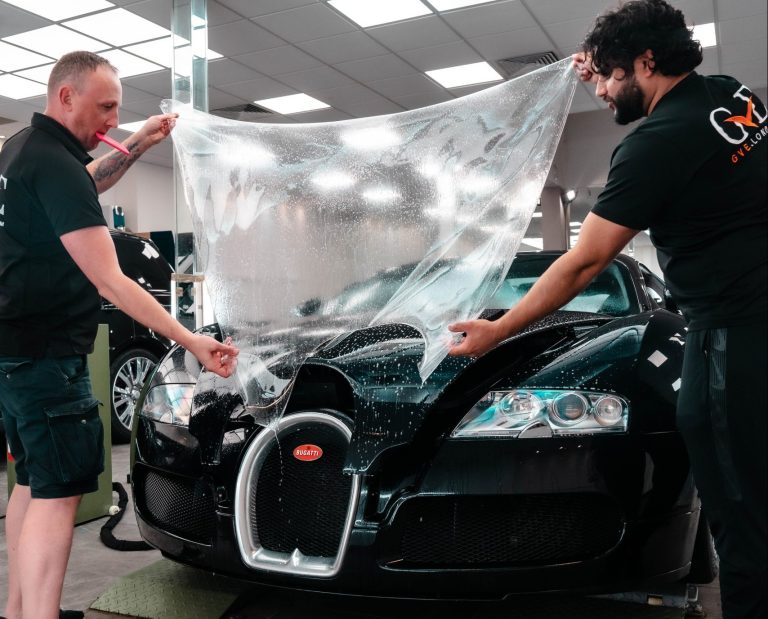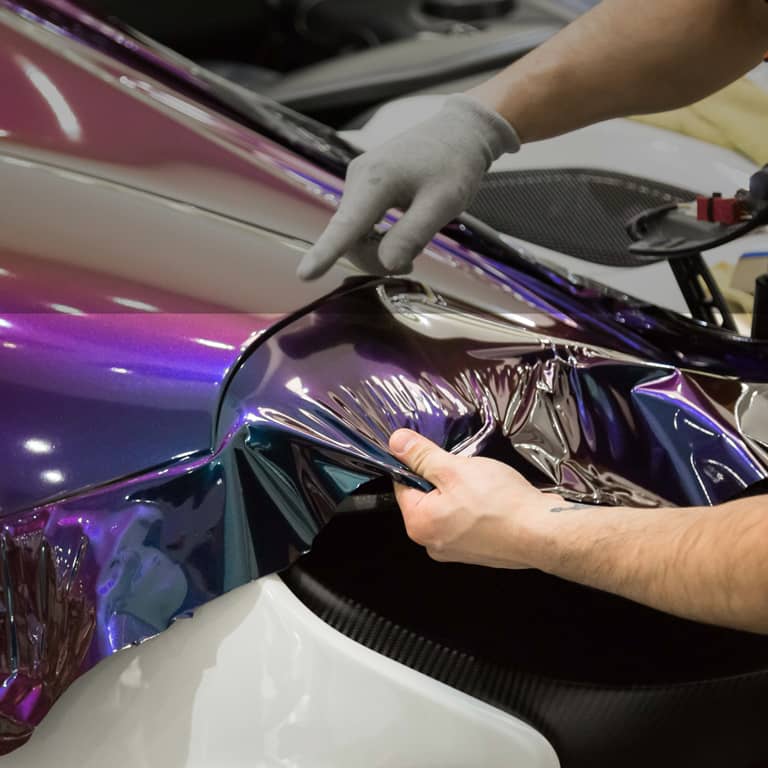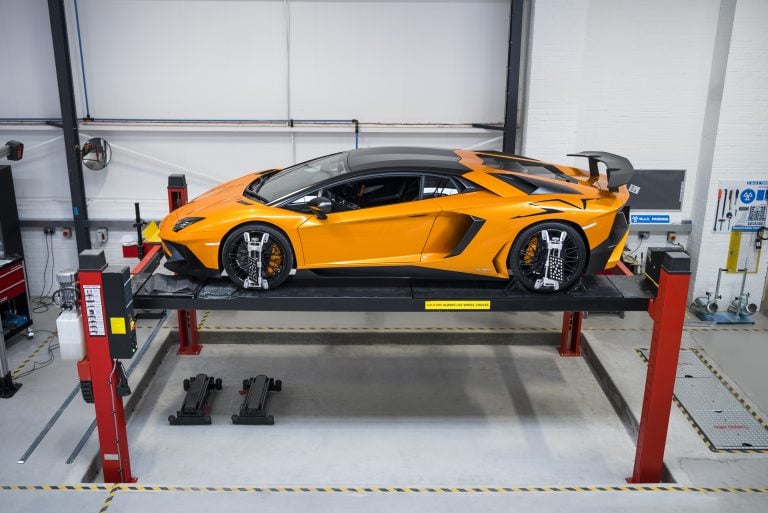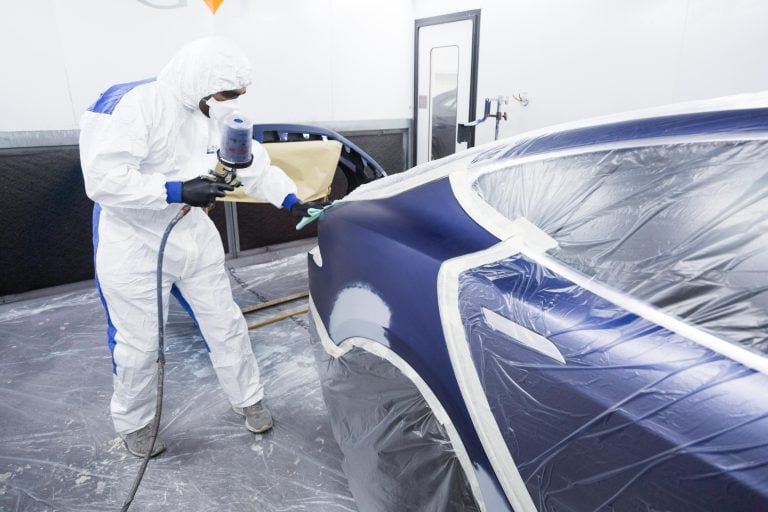- Showroom Case Studies
How to Handle Taxes and Duties When Exporting Cars from the UK? | GVE London – Blog
Exporting cars from the UK? Learn how to navigate taxes, duties, and documentation, especially for supercars and luxury vehicles, with expert insights.
If you’re exporting cars from the UK, especially supercars and luxury vehicles, then understanding taxes and duties is paramount for you. There is no escaping them, but understanding them properly helps you get the actual price of a vehicle. Nobody wants to be sold a car at a certain rate only for some hidden fees to pop up later on. In this blog, we’ll cover exactly that.
What are Duties and Taxes?
Duties are imposed upon goods when they enter another country and are collected by customs officials. Their purpose is to fight against foreign competition overtaking local competitors and, in the process, bring foreign currency into the country.
When exporting, VAT (Value Added Tax) should be a major consideration. Vehicles, though within the UK VAT system, may be allowed for zero-rating when exported outside the UK. This means no VAT is charged on the sale, provided the export qualifies under HMRC rules. If you’re exporting luxury cars or supercars, it’s wise to ensure all VAT conditions are met.
As a general rule of thumb, duties and taxes are paid by the company or individual importing the product, not the exporter.
Understand Import Duties in the Destination Country
Import duties vary quite a bit from one country to another, and the UK’s trade relations with a country also influence the costs. Take, for example, the UAE, where there is only a 5% customs duty on vehicles, which makes it one of the major importers and thus a key client of trade showrooms in the UK.
Another example is the USA, where imported cars are typically taxed around 2.5%, while luxury vehicles might attract additional taxes.
These can get a little complex, and it’s best to get real-time information about the specific rules for the destination market. Collaborating with a freight forwarder or customs broker who specialises in luxury car exports can save you a ton of time and help you navigate the maze of these taxes.
Keep Track of Documentation
Getting all your paperwork in place should be the numero uno priority when exporting cars from the UK. It can be a bit exhausting, but it’s required, and here are the documents you must include:
- Export declarations are submitted through HMRC’s National Export System (NES).
- Certificates of Origin
- Shipping Invoice
As a supercar showroom, we complete and provide proper documentation so our clients are provided with the reassurance they require.
Factor in Additional Costs for Luxury and Supercars
Luxury and supercars aren’t like any other goods being shipped across the seas; they’re high-value products, investments, and art. Insurance during transit is non-negotiable. Pair that cost with storage fees at the ports and, potentially, modification requirements to meet local regulations (e.g., emissions or safety standards).
Use Trade Showroom Expertise to Your Advantage
Taxes and duties are a confusing subject, as there are numerous factors that must be considered when accounting for them. Trade showrooms can help their clients in exporting cars from the UK by assisting them in understanding the export process, including taxes and duties, and offering value-added services like arranging transport or pre-export inspections.
Conclusion
Luxury car exports aren’t easy, but tying up with a trade showroom that deals with exports can make this go by a lot easier. Introducing GVE London, West London’s premier supercar showroom that can not only lend you a hand with exports but can modify, service and repair all types of cars. To learn more, contact GVE London today!
Frequently Asked Questions
Trade showrooms can be quite helpful for exports. They have experts on the matter and can assist with everything from transport to documentations.
Aside from the very car, documentation is perhaps the most important part. Without it, you could potentially be violating laws, causing delays and simply be unable to ship your car out.
The car must leave the UK within three months of the sale, and you must have evidence of the export, such as shipping documents.
Contact Us
"*" indicates required fields
OUR SERVICES

PAINT PROTECTION FILM

WRAPPING

SERVICING









